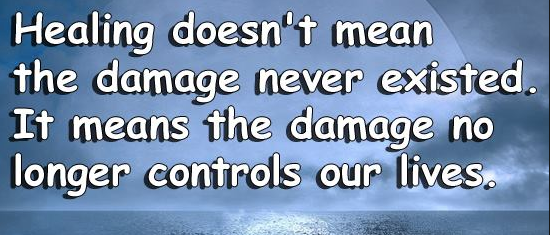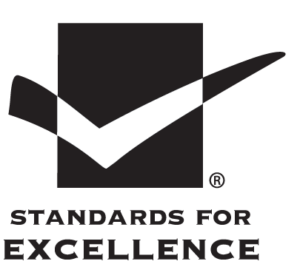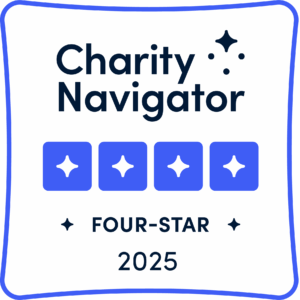
Last month you learned about some of Women’s Center & Shelter’s support groups (At The Table, Life Skills and Career Development). This month we want to share with you some of our other support groups that we offer to shelter clients of WC&S. Continue reading to learn more!
RECOVERY GROUP – WC&S’ Recovery Group facilitators use an evidence based curriculum called Seeking Safety developed by Lisa Najavits. It is a present focused therapy centered on developing coping skills for recovery from trauma and substance abuse. The group uses tools from cognitive, behavioral and interpersonal modalities. It takes a safety first approach, where group members develop strategies to enhance safety from trauma/PTSD and substance use. Topics include: Asking for Help, Creating Meaning, Self-Nurturing, Coping with Triggers, Recovery Thinking and Setting Boundaries in Relationships.
S.E.L.F./HEALTHY RELATIONSHIPS GROUP – WC&S’ S.E.L.F./Healthy Relationships Group discusses psycho-educational information concerning intimate partner violence, including but not limited to: why women stay, the dynamics of abuse and what abuse is and the cycle of abuse. WC&S addresses intimate partner concerns through the S.E.L.F. model that discusses safety, emotions, loss and future. The groups can apply grounding techniques, identifying triggers and coping skills, practicing boundaries, self-care, art therapeutic techniques, group discussion as well as other skills and techniques. The purpose of the group is to promote healing and healthy relationships with the hope of preventing intimate partner violence in the client’s future relationships.
SURVIVING TRAUMA – WC&S’ Surviving Trauma Group allows women to explore a life after domestic violence and after trauma—it is essential in the healing process. Doing so not only provides hope, but also allows women to consider what a healthy life can look like, and to consider what it feels like to heal from trauma. The group focuses on S.E.L.F., which is the acronym used to teach trauma survivors about the healing process, according to Sandra Bloom’s Sanctuary model, utilized by Women’s
Center & Shelter staff in assisting trauma survivors:
- S – referencing awareness of and increasing “Safety”
- E – “Emotional Intelligence” – how to allow feelings such
as fear, sadness, and/or anger to teach us about ourselves,
and learn how to manage them in a healthy way - L – Acknowledging and understanding “Loss” as it relates
to life post-trauma - F – As the final component, the “F” in self stands for
“future,” considering what a life without trauma and
pain might feel like
As you can see, Women’s Center & Shelter offers a variety of support groups to help meet every shelter client’s need. We hope that these groups can help our clients move forward in their journey of healing so that they can move on from WC&S and experience safe, happy and healthy lives.



